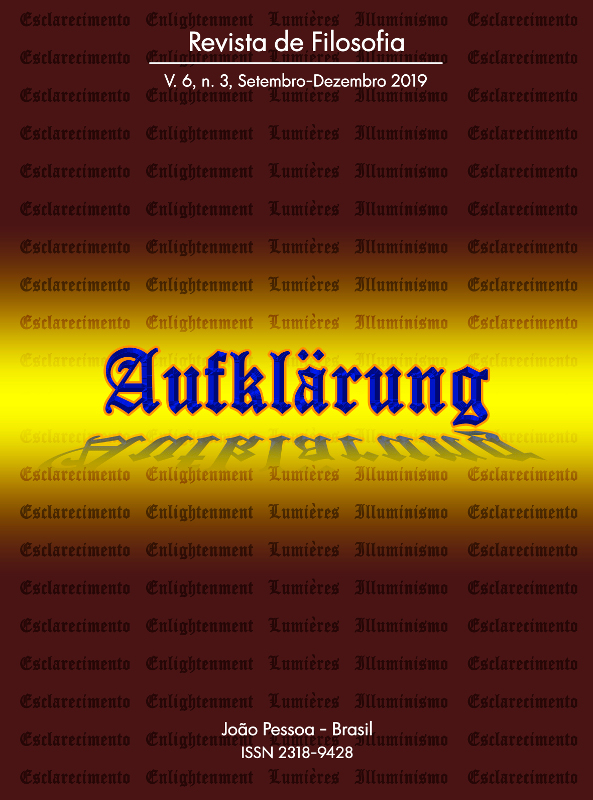Carl Schmitt and Hannah Arendt: from a friend / enemy policy to plural communities
DOI:
https://doi.org/10.18012/arf.2019.49213Abstract
The aim of this article is to analyze the political theory of Carl Schmitt and Hannah Arendt, who have completely opposite views. In the first case, it is about the establishment of a totalitarian state, which completely annuls the citizen participation and the exercise of the political liberties of the citizens, thus leading to failure and common ruin. Not so the theoretical position of Hannah Arendt, which constitutes a proposal for citizen reconstruction, where the inhabitants of a given community struggle not to lose their right to have rights, to participate in the public debate in a plural environment and, at the same time, the invitation to resist tyrant rulers - as is the case with Hitler - who led a whole town to disaster and total extermination. Good governance depends on the political concept you have: totalitarian or participatory, inclusive or exclusive, that defends the lives of citizens or persecutes and murders them.
Downloads
Additional Files
Published
How to Cite
Issue
Section
License
Copyright (c) 2019 Aufklärung

This work is licensed under a Creative Commons Attribution 4.0 International License.
Journal general policy
1.This journal works under a Creative Commons License aplied to online journals. That icence can be read in the following link: Creative Commons Attribution 4.0 International (CC BY 4.0).
2.Accordingly to this License, a)the journal declares that authors hold the copyright of their articles without restrictions, and they can archieve them as post-print elsewhere. b)the journal allow the author(s) to retain publishing rights without restrictions.
Metadata Policy for information describing items in the repository
1. Anyone may access the metadata free of charge at anytime.
2.The metadata may be re-used in any medium without prior permission, even commercial purposes provided the OAI Identifier or a link to the original metadata record are given, under the terms of a CC BY license refered for the Journal.







































